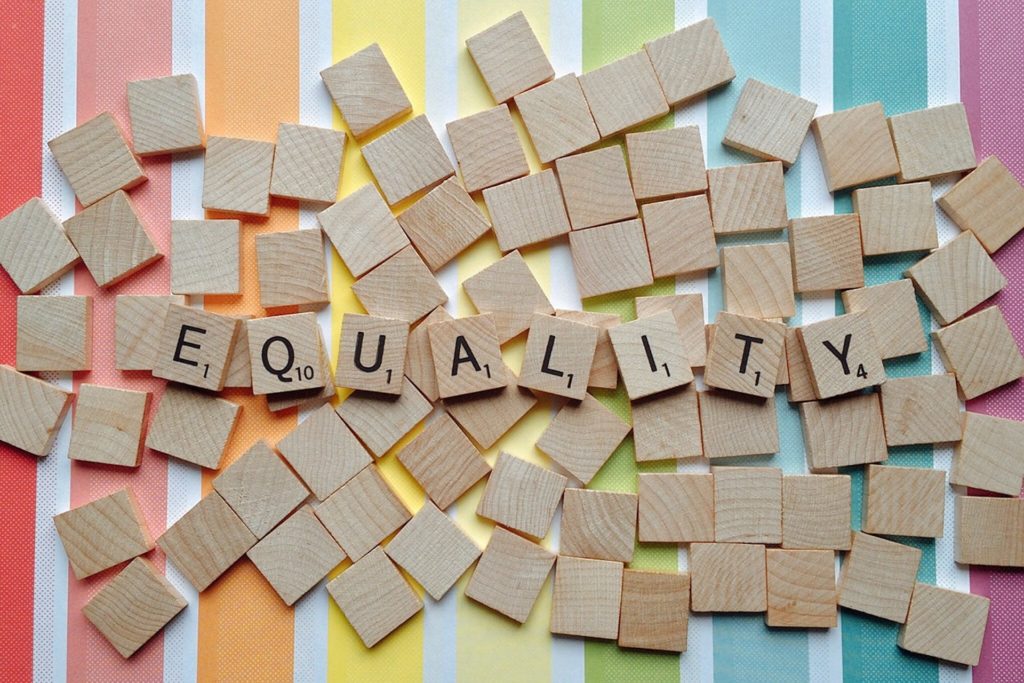
The Feminine Stereotype of Sustainability
To address sustainability, it is important to address the issues that arise within the movement (and how to amend such issues going forward.) One such issue that permeates the movement is gender inequality. What motivates our actions is rooted in gender stereotypes, ones that we are unconsciously taught to believe and take part in growing up. Gender perception and gender stereotypes play a huge role in our everyday lives, both consciously and subconsciously. So many are ingrained in our way of thinking that we don’t even think twice to question them. This could explain why “Men may be motivated to avoid or even oppose green behaviours in order to safeguard their gender identity.”
As ridiculous as it sounds, sustainability has become synonymous with femininity, threatening man’s masculinity and affecting the progress being made in aid of the planet. The sustainability movement is rife with gender inequality due to in part not only who holds power but also how each gender is targeted. Women are sold products to do better for the environment, when it is men who ironically hold more power to make changes in governments and own companies with astronomical CO2 emissions.

The stereotype and research shows that people subconsciously see ‘eco-friendly’ as feminine. This stereotype has developed through not only society’s hierarchy of the sexes but also the way marketing targets women. This isn’t helped when sustainable, alternative products are most notably aimed at women. Period pads, for example, have been an incredibly hot topic within the sustainability movement, as have razors, beauty products and the fashion industry as a whole. Whilst it is important that we acknowledge the lack of sustainability within each of these sectors, it’s interesting to see that men aren’t held to the same standards and don’t get sold similar ideas via targeted marketing schemes.
When people with periods are told that something is natural to their bodies is affecting the planet, it deters the focus away from the big polluters (such as oil, gas and plastic waste) and ultimately creates guilt surrounding something incredibly natural. It becomes even more controversial when we acknowledge the fact that men cause greater emissions due to their lifestyle, yet are reluctant to partake in the sustainability movement. Men’s participation in the sustainability movement could be encouraged by weakening the association between femininity and sustainability, such as: ‘by using masculine rather than conventional green branding’ or making it gender neutral altogether.
Nature vs Nurture
Whether women are born caring about the planet or learn to do so, there is evidence to suggest that femininity and “greenness” have come to be cognitively linked by both men and women. As ridiculous as it may sound, this is partly what puts off men from doing their bit for the planet. It is even more ridiculous when faced with the fact that men cause greater emissions due to their lifestyle, and when we acknowledge who runs the companies that significantly pollute the planet.
According to a 2018 study, British men are seriously lagging behind women when it comes to practising eco-friendly behaviour, with 71% of women increasing their commitment to ethical living over the past year, compared to just 59% of men. This is ‘in order to safeguard their gender identity’. Men could be motivated to avoid sustainable behaviours, even without realising they are doing so.
‘Women’s prioritisation of altruism may help to explain this gender gap in green behaviour’, but it doesn’t justify the way in which women are targeted to be more sustainable than men. When we raise men and women differently, we are telling them that they should each have different sets of priorities, and this is clear when looking at the statistics on gender and sustainability.





